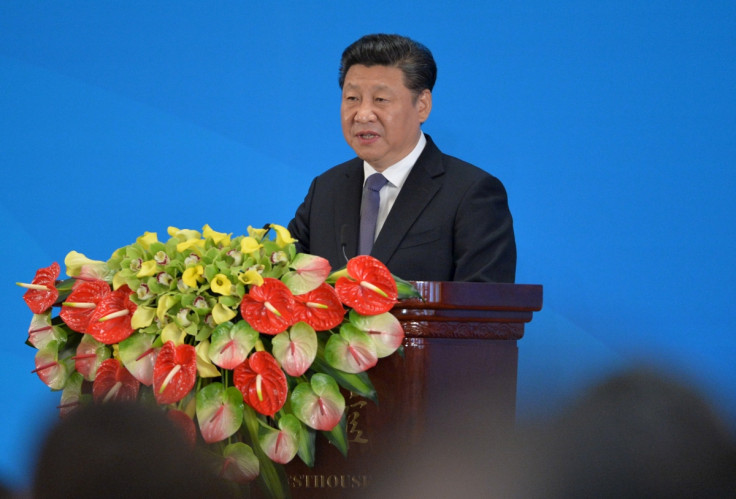President Xi warns China's economy is 'big but not strong'

President Xi Jinping has outlined his economic strategy for China, warning bureaucrats that although it may be the world's second largest economy, it was "big but not strong", stating that China still faced "outstanding problems of unwieldiness, puffiness and weakness."
He also pointed out that the Achilles heel of China's macro economy was its limited innovation. He said that China's supply-side structural reform was more than an issue of taxes or tax rate, adding that it was a slew of structural measures to seek innovation, prosperity and well-being.
In a speech to principal ministerial and provincial officials made in January 2016, he made it clear that China's economic future will be based on supply-side structural reforms, although this is not the same as the supply-side economics school in the West.
There will not be any Western-style supply-side economics strategy for China, he stressed. The text of the speech was only published in the People's Daily on Tuesday (10 May) after speculation on China's economic policies started spreading throughout the country. The South China Morning Post said that the 20,000 character transcript "was the most comprehensive elaboration of the president's thinking on the Chinese economy's past, present and future and its role in the global economy since he became the country's leader more than three years ago."
"[We] must prevent some people from using their interpretations [of supply-side reform] to promote 'neo-liberalism," he said. He made it clear that his economic policies were different from those made popular by former US president Ronald Reagan and the UK's Margaret Thatcher in the 1980s.
Addressing "structural problems"
Xi said that China could not rely on "stimulating domestic demand to address structural problems such as overcapacity. The problem in China is not about insufficient demand or lack of demand, in fact, demands in China have changed but supplies haven't changed accordingly."
He noted how Chinese consumers were shopping overseas for day-to-day products, such as electric rice cookers, toilet covers, milk powder and even baby bottles. Domestic supply therefore did not match domestic demand.
The president said that the key problem for the Chinese economy was on the supply side, although he did point out that the country could not completely neglect managing demand. He said the structural supply — side reform would involve "cutting capacity, reducing inventory, cutting leverage, lowering costs and strengthening the weak links."
"Our supply-side reform, to say it in a complete way, is supply-side structural reform. The word 'structural' is very important, you can shorten it as 'supply-side reform' but please don't forget the word."
He also warned bureaucrats against repeating mistakes in the management of the economy. "Capital investment, production safety, stock market management and internet finance regulation all require high skills, and with any misjudgment, imprudent choice or lax supervision, there will be problems or even big problems serious enough to affect social stability."
Xi also noted that in recent months, there have been issues pertaining to production safety, the stock market and internet finance which had set off alarm bells "one after another. You have to learn from mistakes and avoid making the same mistake again and again."
Officials did not fully understand Xi's economic strategy
Xi also said that some government officials did not fully understand the supply-side reform that he had proposed at last year's central economic work conference. He said that the reform had triggered heated debate, with fairly good endorsement from the international community and various sides at home.
However, Chinese officials did not understand the point of supply-side reform as Xi noted that "I need to talk about this issue again."
© Copyright IBTimes 2025. All rights reserved.






















